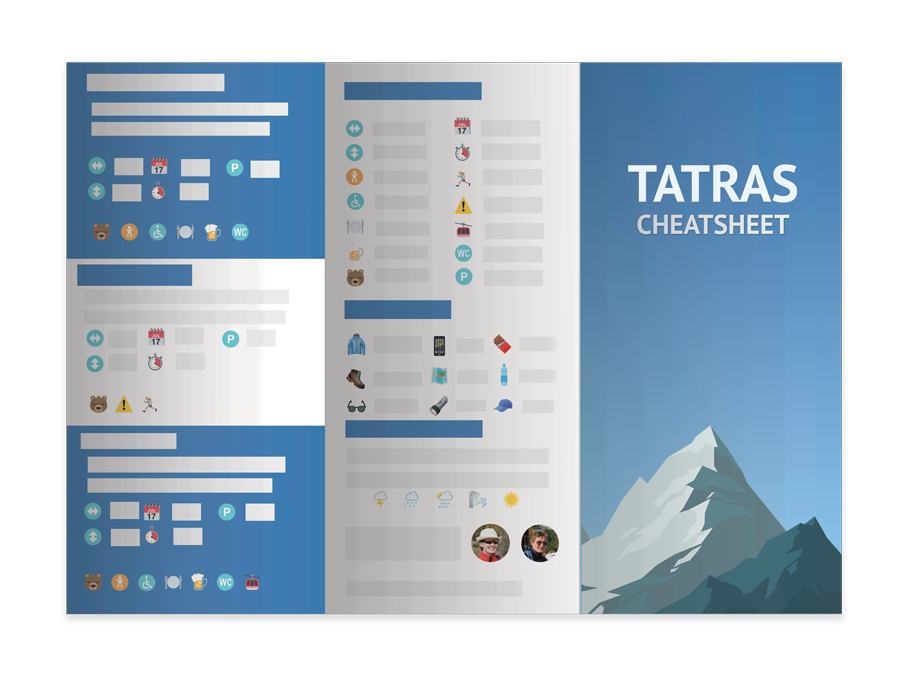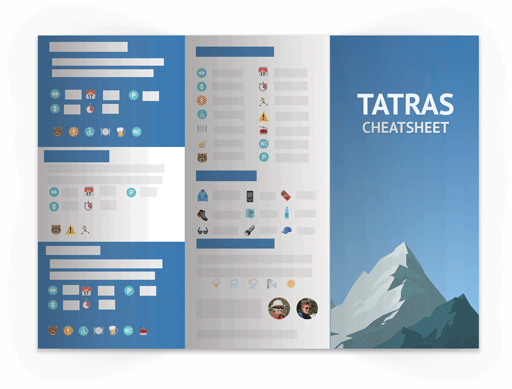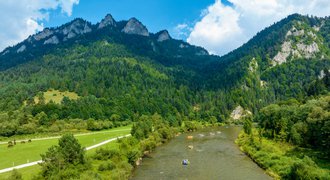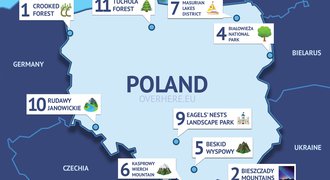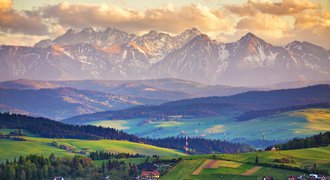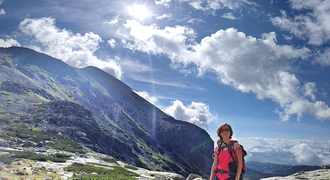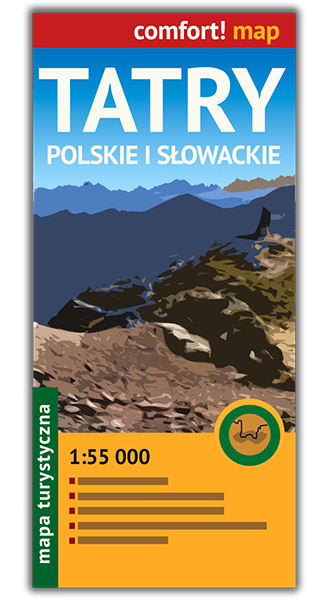When I was preparing for Katowice Business Run 2016 I started running on regular basis. To be honest, I hadn't had motivation to run regularly before this charity run. Running wasn't really my thing, especially that I live in Katowice and I'm not a great fun of jogging in the city where you're forced to inhale about 500 different types of toxins.
Anyway, I liked running - it gave me all the benefits of my usual 1-hour indoor workout in about 20-30 minutes. Such a fantastic save of time!
And, well... I started having joint and knee pains.
Great! At the age of 28 I was experiencing pains typical for people twice my age. So, I decided I've got to do something about that. Besides adding a solid warm-up before and stretching after the running, I tried the below methods (I find the last one the most efficient one):
1. Collagen & glucosamine
I was drinking a solution of these two substances once per day for about one month and a half: 1350 mg of glucosamine and 10 mg of collagen. I know, I know - this is probably too short to notice any difference.
Well, it didn't seem to make any difference.
I'm not an expert but it seems reasonable to me that collagen gets digested in the stomach and doesn't really "travel" to the joints. But I may be wrong. Maybe the case is that I'd need to take it for half a year to tell any difference. But what would happen if I stopped then?
2. Squats
This one may seem a bit paradoxical but is actually very helpful, if done properly . The basic rule is not to push your knees further than your toes - that way the weight goes onto your thighs and your knees aren't burdened. You can read some more details about squats in this insightful article .
Squats help with strengthening the muscles which keep the joints and knee ligaments safe. Squats have toning effect on knees and the bonus is you don't have to do lots of them to see the positive result - I did about 40 of them every second day and saw difference after 2 weeks. Also, they made my legs and bum look much better which I appreciated greatly 😉
3. Magnesium
This one is a true blessing for our body.
And we need loads of it, probably much more than official guidelines say (about 300 mg for female sounds a bit low to me). Magnesium is burnt quickly when we're stressed or working out. And it's needed basically for everything - our muscles need it to work properly, our cardiovascular system needs it and our nervous system will have breakdown without it. We won't be happy when our magnesium level is low . And it's turned out that my joints also can't work properly without magnesium.
Sad news is, we're all deficient in magnesium these days. Food is poor in minerals due to low quality of soil. Even if we eat lots of fruits, veggies and nuts, it's highly probable our magnesium levels aren't high enough.
I discovered the great influence of magnesium on my running ability rather accidentally. I was about to start my warm-up and go jogging so I decided it'd be wise to get my body hydrated beforehand (Eureka!). I didn't have any tea or juice prepared so decided to have my magnesium citrate powder mixed with water. Then, I did my warm-up and went for a run. And I noticed many positive outcomes that day:
- I was more resilient - I needed less breaks during my run.
- My running distance was definitely longer than usual.
-
I didn't feel the usual knee and tendon pain! Yay!

I'm truly amazed at the positive influence of magnesium - it not only makes me more stress-resilient but also gets my knee pain go away.
What's worth to keep in mind is the form of magnesium we're taking . I've tried quite a lot of magnesium supplements and the best result, of course, has pure powder, without any sweeteners and other additives (did you know that refined sugar blocks magnesium absorption ?). The best forms of magnesium are:
- Magnesium Citrate - natural and highly absorbed (absorption of about 90%!).
- Magnesium Chloride - absorbs fast and helps to improve kidneys work.
- Magnesium Taurate - the best one for people with cardiovascular diseases, prevents heart arrhythmia.
- Magnesium Malate - great for chronic tiredness. Malate acid is a natural fruit acid present in the majority of body cells - it quickly gets us most needed energy boost.
Truth is, our bodies and Mother Nature have got remedies for all diseases . We just have to stop disturbing and interfering in natural healing process (e.x. taking painkillers - not a solution at all).



